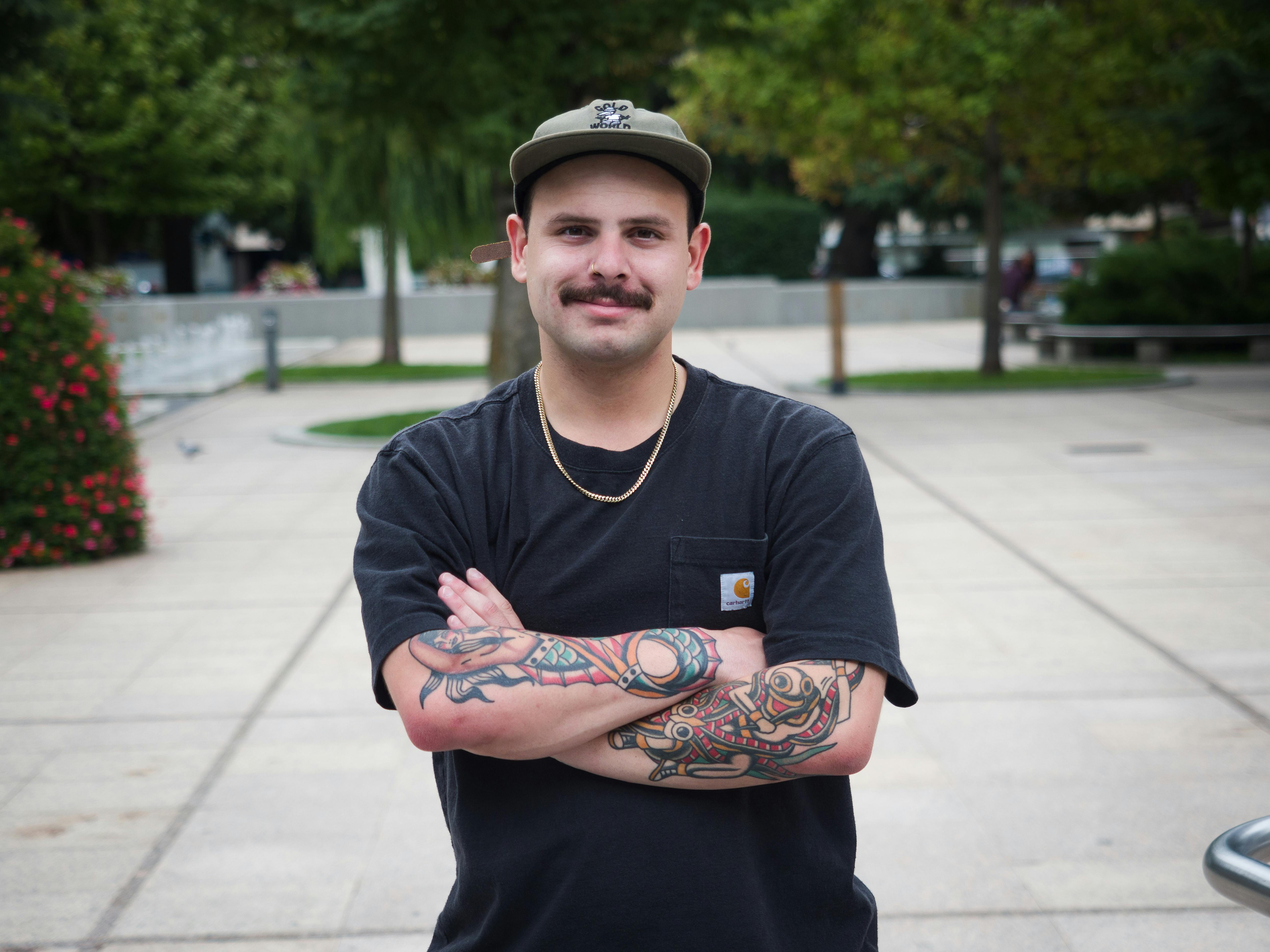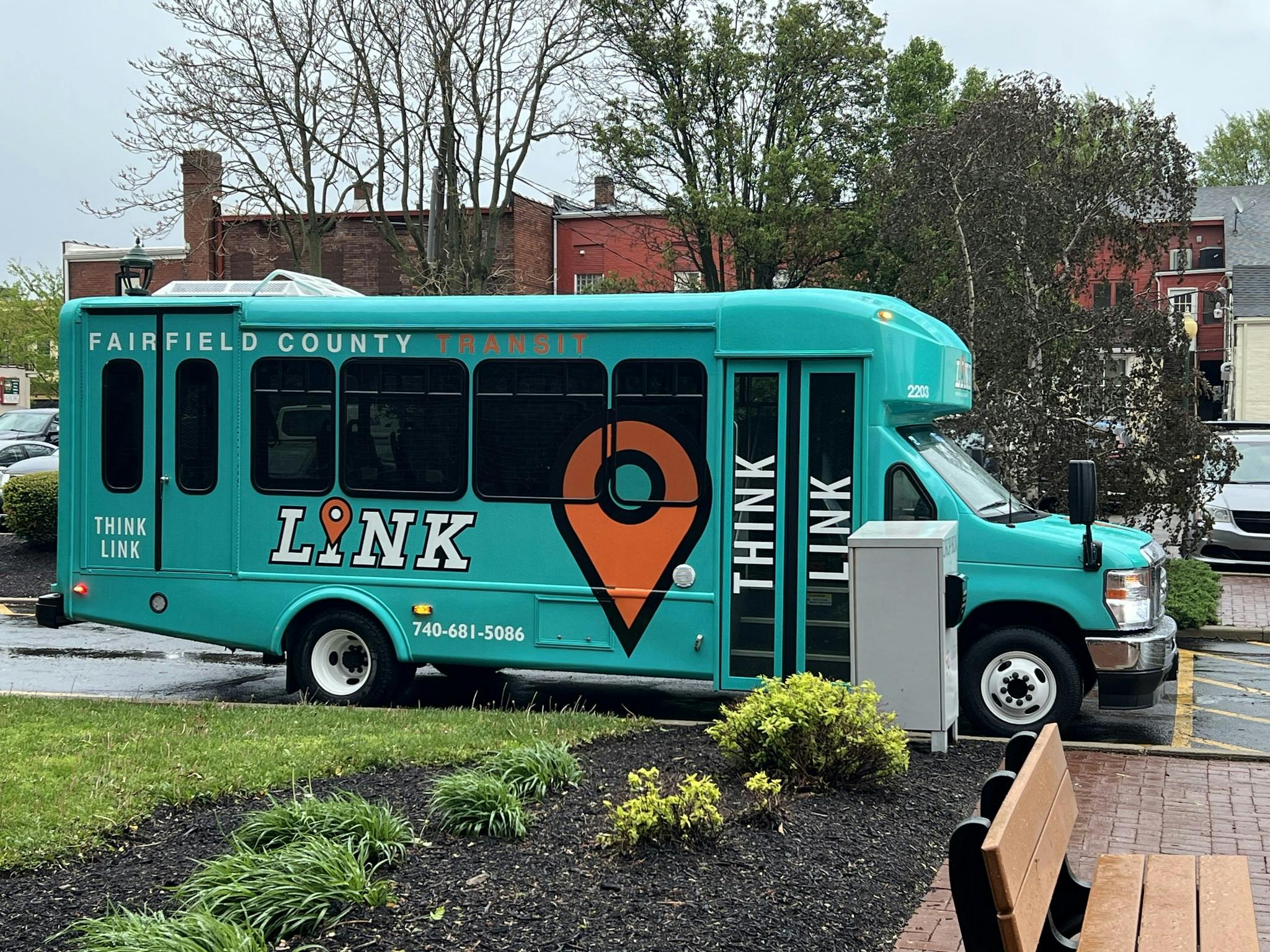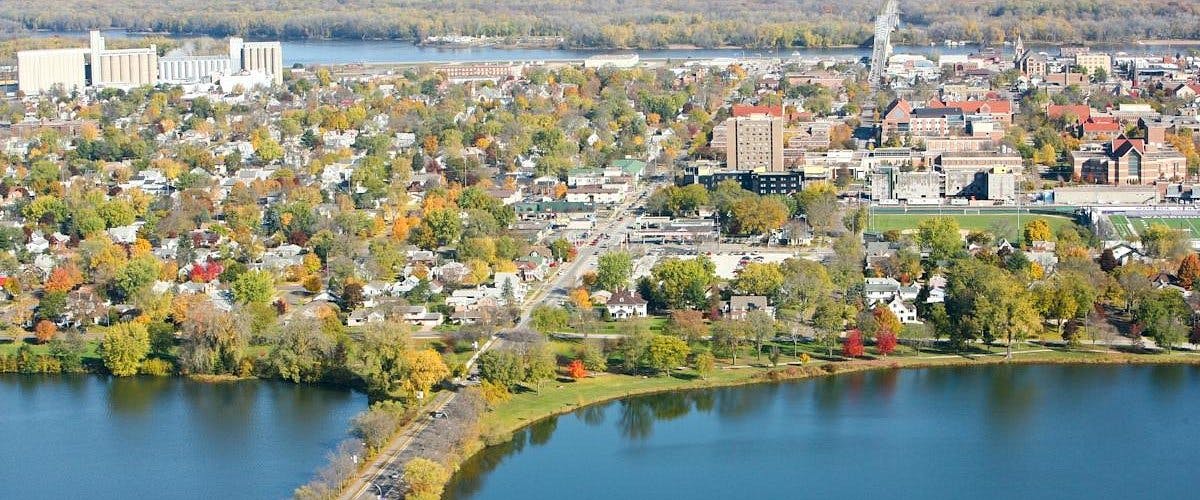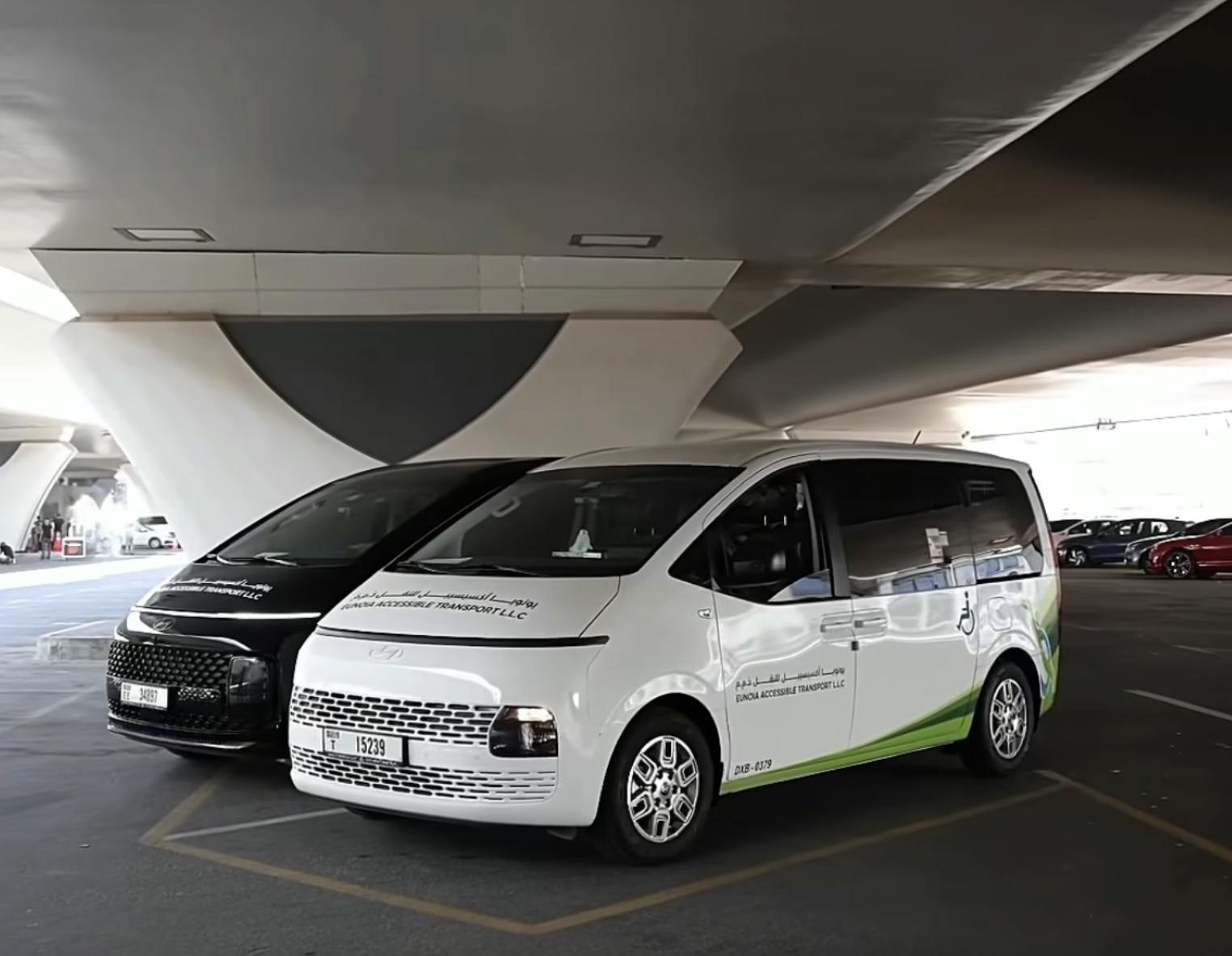
Life at The Routing Company: CTO Alex Wallar on Co-Founding a Startup
In this interview, The Routing Company’s CTO and Co-Founder Alex Wallar talks about why he left his PhD to found The Routing Company, his advice for first-time founders, and why the most awesome thing you can do is to hire your own boss.
This interview is part of a series highlighting the people powering The Routing Company around the world.
What do you do at The Routing Company?
I write code and go to meetings. I manage and contribute to the technical direction of the company, whilst taking on difficult and ambiguous problems that involve the full spectrum of transportation.
How did you develop an interest in the transit space?
I grew up moving every couple of years because my Dad worked for the Department of Defense. I was born in Tampa and moved all over - to Virginia, Korea, Croatia, Romania and Panama - and went to school in Scotland. I got to see a lot of different transit systems over the years. I always felt really comfortable with transit, and I found it fascinating that you could get all the way from Tokyo to the city center of Zurich without having to own any of the means of your transportation. Transportation gives you access to the world, resources and experiences. I would never have called myself a typical transit nerd growing up - I didn’t do trainspotting - but I always really enjoyed taking a plane or a ferry.
Why did you decide to found The Routing Company?
I started my PhD at MIT in 2015. Originally, I wanted to be a professor. Within my first semester, though, I realized that that wasn’t what I wanted to do. I didn’t want to leave just yet, because it was such a privilege to be around all those smart people.
Over time, I realized that I wanted to work on research that genuinely impacted people. I was really excited to become part of a project involving transportation, because our results were in numbers of people that we could move in the real world. It felt so much closer to implementing than anything else I’d been working on. I knew that the only way to get this into the hands of the people who needed it was to start a company. I felt like if we didn’t do that, then what we were working on could have just become some piece of research that ended up on the shelf.
After working on the transportation project for a while, I got an email from a Dutch guy, Menno, who was a grad student and had previously worked with the lead on the project I was working on. Menno said that he was working on the same problems, and that his way of doing things was much better and faster. That got me interested.
I decided to fly out to see him a week after he emailed me. Pretty soon, we realized that by working together, we’d be able to do much cooler stuff. Menno was already quite entrepreneurial. He had been on a student entrepreneurship board at his university. We saw this as an opportunity to take something academic and get it into the hands of the people it would really benefit. Ultimately, in 2018, we decided to found The Routing Company. I quit my PhD in May 2019, and he quit his job and moved to the States.
What is one piece of advice you would give to a startup founder?
Listen. Know that every decision is not a make or break decision. When you’re starting a company as a first-time founder, you don’t know how to do a lot of things and you receive a lot of advice. Be discerning with the advice that you receive: remember that you’re the one who knows what you want to build and the problem that you want to solve.
What is something that went wrong in the early stages of The Routing Company?
Menno and I didn’t know much about what it meant to engineer a creative product when we started. We would have benefitted from bringing someone on earlier with more of a product vision, to help us firmly establish our vision and mission from very early on. We partially struggled with this initially because we were over-indexing on certain advice.
We always knew that buses don’t make money. They’re a way of increasing GDP and providing access to economic resources, and to do so, they’re heavily subsidized. Early on, Menno and I didn’t have the conviction to say that we wanted to work with governments, because it can be so risky as an early stage company without experience selling to governments to say that that’s what you’re going to do. Not leaning into that earlier was a mistake, because what we’re working on now is genuinely the problem that Menno and I have always wanted to solve.
What is something that you would have done differently, looking back?
I would have taken action sooner. I was originally very worried about the practical implications of starting a company and the inherent risk associated with that, knowing that I had never done anything like it before. I feel like I could have quit my PhD sooner, and been less worried about the practical implications.
What was it like to bring in a CEO as a founder?
As a founder, the most awesome thing you can do is hire your own boss. It means that what you’ve built has outgrown your ability to control it, and outgrown what you are good at. It also means that you’ve convinced someone who’s much better than you at something to join you in solving a problem. That means you’ve built something of value. It’s amazing that we’ve been able to hire people like Dick Alexander, James Cox, Bradford Church, and Pandora Shelley, because it means that a lot of smart, experienced people want to be a part of what we’ve built. That’s probably the thing that makes me most proud. It’s such a privilege to work with those people, and that they wanted to work with me.
What excites you most about working at The Routing Company?
I was recently in Montreal on a work trip with a colleague. I got up and said to my colleague, ‘I’m so excited to change the world today. I’m so excited that I get to wake up and work on something that I know can immediately help somebody.’
It’s such a privilege to be able to work at a company like that. It’s corny, but it’s true.
What does an average day at The Routing Company look like?
I wake up and go into the office. I like to say hi to everybody and see how everybody’s doing in the morning, and then we have all of our daily standup meetings. I give updates on what I’m working on, hear what everyone else is working on, and get input from our Product Managers about customer feedback. Depending on the day, I might get to put on my headphones and dive really deep into a single problem that I need to solve. Other days, I’m working with our Product team, Operations, or other engineers, to make sure that we get certain new features into our app on time. I also get to travel to see how our operations are looking and go to conferences to speak on behalf of TRC.
What is one challenge facing the transit industry right now?
One massive problem is the driver shortage which is choking supply right now, and having major downstream effects for riders. It’s not because there’s a lack of buses, but because there’s a lack of bus drivers. Now, we don’t have bus operators and train operators. Agencies are really keen on hiring. Here in Boston, they’ve reduced the frequency of the train lines because of the driver shortage.
Something else is that a lot of existing microtransit systems are extremely expensive on a per passenger basis. They’re either not able to fulfill or generate the demand. A lot of that comes down to operations and technology. That’s why I think TRC is in a really good position: we have great operational tools, an amazing product that integrates with public transit and state-of-the-art technology that can incorporate fixed transit with on-demand requests and paratransit requests. The result is a holistic on-demand transit system.
What is one opportunity for the transit industry?
Centralizing access to transportation is a really cool opportunity. For example, our upcoming journey planning tool allows you to book a trip that can incorporate an on-demand vehicle, a flexible route vehicle and a bus as part of one trip, all from the Ride Pingo app. That consolidated access to multiple modes of transportation across a city is an awesome opportunity, because it means you can make decisions on a city level. We’re very well positioned to integrate multiple modes.
If you would like to discuss how The Routing Company could help move your community, please click here to set up a call with our experienced team today.
If you’re interested in helping us move the world, you can learn about our available positions and apply here.


